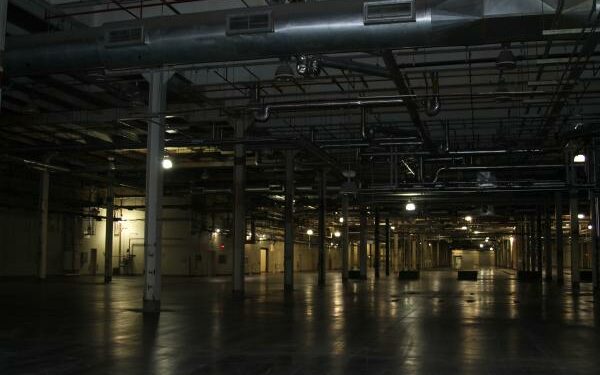Alevo, a hitherto virtually unknown Swiss firm, cut the ribbon on a 4m sq ft lithium-ion battery cell/module manufacturing plant in Concord, North Carolina on 28 October.
Hyped in mainstream media as a “revolutionary” lithium-ion battery, Alevo’s cells are based on standard lithium iron phosphate (LiFePO4), albeit with an inorganic gel electrolyte containing sulphur dioxide and a conductive fluorosulphinate salt that is thermally stable, non-volatile and flame resistant.
The electrolyte was initially developed as part of a German military programme in the 1980s and was further developed by Fortu Powercell, a German/Swiss company that Alevo fully acquired in 2013. The electrolyte will not be made in Concord but in Martigny, Switzerland and shipped.
Alevo also uses graphite as its active material and nickel foam coating for the electrodes. The cells are claimed to have achieved 43,500 cycles at 100% 2C discharge rate at Fortu Powercell in Dormagen, Germany, with a stable power rate but a 50% capacity fade after 10,000 cycles.
The firm was cagey on costs, but said it was aiming for a ‘per cycle’ cost of less than $0.10.
Despite all the hype about ‘game-changing’ technology, perhaps of most interest is Alevo’s ambition to become a vertically-integrated energy storage service provider, differentiating from its competitors such as AES Energy Storage, S&C Electric et al by having its own battery plant.
Alevo envisages offering a mobile phone contract financing model, whereby the batteries are effectively rented out at no upfront cost, with the end-user entering into a 20-year service provision. Revenues could be accrued on a monthly or annual basis according to energy usage.
Alevo’s vast 2,000 acres site, a former Philip Morris cigarette factory that it acquired for $67.5m, is currently virtually empty apart from electrode slurry mixers. From July 2015, however, it says it will have the capacity to produce 12,000 prismatic lithium-ion cells per day, which will form part of containerised 2MW/1MWh ‘GridBank’ energy storage systems.
The cells will be packaged into modules of eight cells each. Eighty modules will form a string, with 22 strings forming a 40-feet container.
The first production lines will be installed in Q2 2014, with the bulk of the cell and module machinery being provided by Jonas & Redmann of Germany. For the power electronics such as inverters and power conversion systems, Alevo is partnering with Parker Hannifin.
Within three years, Alevo’s ambition is to be able to produce 200,000 cells per day and two GridBanks per hour; and within five years it aims to have installed 16GW of storage systems.
Alevo has signed two strategic agreements with China-ZK and a distribution partnership deal with RBM of Turkey. The first GridBank has been shipped to state utility China Southern Power Grid for testing and validation. Alevo expects to have break ground on a Chinese manufacturing plant within five years.
Having raised $350m in private equity funding from anonymous Swiss investors, Alevo is seeking $1bn to make good on its ambition.












